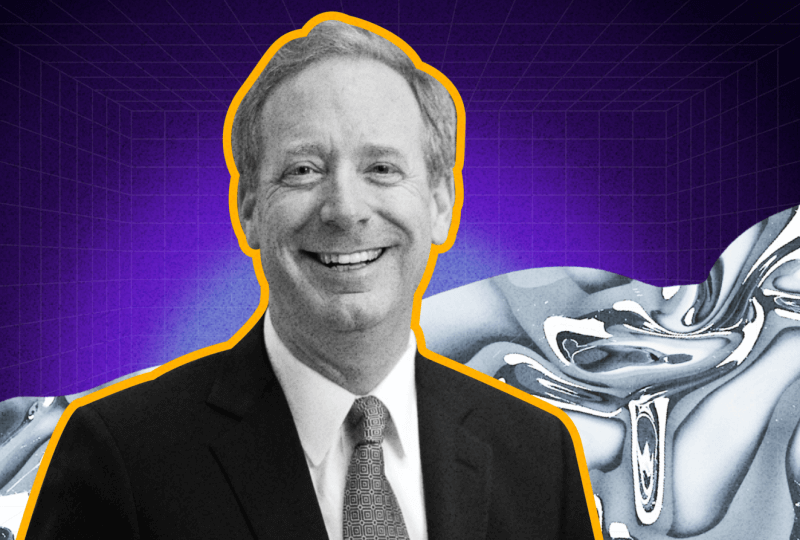Microsoft AI Chips Deal with UAE Raises Concerns About US Technology Transfer
23 May, 2024

Microsoft is facing scrutiny following a recent agreement with the United Arab Emirates (UAE) that could see the transfer of critical Microsoft AI chips and technology overseas. The deal, which involves collaboration with UAE AI firm G42, has raised eyebrows among US security officials who worry about the potential misuse of this sensitive technology.
Microsoft AI Products and National Security
Microsoft President Brad Smith has defended the deal, stating that the company will adhere to all US export control regulations and that the technology will be used solely for civilian purposes. However, critics remain skeptical, citing the UAE’s close ties with certain countries that have a history of cyberwarfare and potential human rights abuses.
The root of the concern lies in the nature of the technology being transferred. Microsoft AI chips are specifically designed to accelerate artificial intelligence applications. In the wrong hands, this technology could be used to develop autonomous weapons, enhance surveillance capabilities, or even crack complex codes.
In an exclusive interview with Reuters, Smith detailed that the initial phase of the sales agreement could eventually progress to a second phase. This phase might see the export of crucial AI components, including model weights. Model weights are essential elements in AI systems that determine their operational capabilities.
Legislative and Regulatory Landscape
Michael McCaul, the Republican chairman of the House Foreign Affairs Committee, expressed concern over the lack of comprehensive briefings from the executive branch regarding the agreement. He highlighted the potential risk of Chinese espionage, given the Chinese Communist Party’s interests in the UAE.
The current regulatory framework requires notifications and, in some regions, export licenses to send AI chips abroad. Nonetheless, the Microsoft-G42 deal underscores existing gaps in US laws as regulators strive to keep pace with rapidly evolving technology. At present, no regulation explicitly restricts the export of AI models. McCaul and a bipartisan group of lawmakers are advancing legislation to grant US officials more clear power to control such exports.
Microsoft AI News Impact on the Global AI Landscape
This deal has broader implications for the global AI landscape. The US has long been a leader in AI development, but China is rapidly closing the gap. This agreement could be seen as a way for Microsoft to expand its AI footprint in a lucrative new market, but it also raises questions about the future of US dominance in the field.
The potential benefits of the deal should not be entirely discounted. Collaboration between the US and UAE on AI development could lead to advancements in areas like healthcare, climate change, and disaster response. However, it is crucial to ensure that these advancements are made responsibly and ethically.
Compliance and Penalties
Under the agreement, G42 is required to follow a “know your customer” rule, ensuring that Chinese firms cannot use Microsoft’s technology for AI training. Microsoft has the authority to impose financial penalties on G42, enforceable through arbitration courts in London, avoiding reliance on the UAE legal system.
The specifics of how US Commerce Secretary Gina Raimondo will permit the deal to proceed remain uncertain. Smith noted that the current provisions are informal, but there is clarity on approval or rejection under Secretary Raimondo’s guidance.
In a statement, a Commerce Department spokesperson indicated that any technology transfers would be subject to export controls, including existing licensing requirements for AI chips and potential future regulations.
The Need for Transparency and Oversight
Moving forward, it is critical for Microsoft and the US government to be transparent about the details of this agreement. The specific Microsoft AI tools being transferred and the safeguards in place to prevent misuse need to be clearly outlined. Additionally, there should be robust oversight mechanisms to ensure that the technology is used as intended.
The global race for AI supremacy is heating up, and this deal is a reminder of the need to strike a balance between technological progress and national security. Only through open communication and responsible development can we ensure that AI is used for the betterment of the human race.




